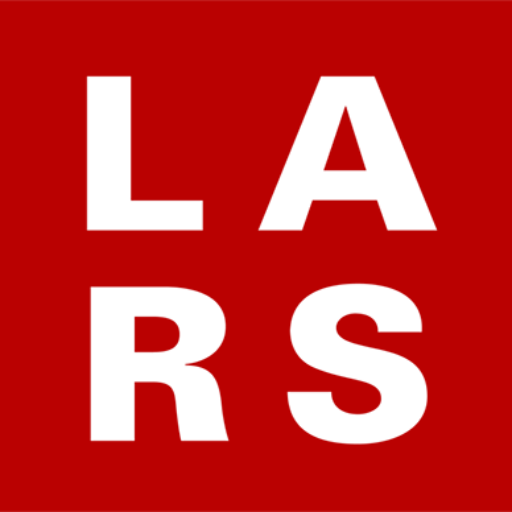Immersive Audio in 2020
Sound is everywhere. What we hear—and what we don’t hear—impacts our mood, can prompt a physical response, and can make us want more of what hits our eardrums.
When it comes to audio engineering, understanding sound in all its volumes can make or break a listeners’ experience. Video games, podcasts, live concerts and studio albums all use audio technology to enhance what we hear.
We talked about the scientific study of sound and how harnessing the experiential power of sound has never been more exciting. With new technology and media, audio production is at the forefront of entertainment. At The Los Angeles Recording School, we take our audio production seriously.
Immersive Audio and AI Tech Trends
Today, it has never been easier to create an experience or stimulate a response with sound. Looking at audio technology alone, it’s easy to see that our capabilities now vastly outstrip those of the past.
Path-Traced Acoustics
360 degrees of sound. Immersive audio experiences are on the rise. Take a look at Sony’s new 360 Reality Audio, a headphone-virtualization software that can transport you from a park bench to the concert arena. For gamers, immersive tech is especially exciting. Nvidia is another audio and AI technology company that develops physically realistic simulations through sound such as VRWorks audio.
VRWorks Audio technology adds realism to video game audio and gives an immersive experience with path-traced acoustics. As you move through a virtual space in a video game, the audio adjusts interactively to reflect what you see on the screen. For instance, this VRWorks audio technology changes as you move from room to room in a virtual building, and once you leave the building, the sound gradually changes to reflect your location within the scene.
Analog Synthesizers
What’s old is new again. Analog synths are all the rage in the audio and recording industry. The birth of electronic audio technology came from the early 20th Century. It took off within the collegiate context in the mid-to-late fifties but didn’t become popular with musicians and recording studios until Wendy Carlos released her first studio album Switched-On-Bach in 1968. The album is a collection of Johann Sebastian Bach’s music performed by Carlos and Benjamin Folkman on a Moog synthesizer.
Over the years, synthesizer technology has become more advanced with the advent of the portable synthesizer. Now, companies like Korg, Roland and Moog are adding contemporary functionalities to electronic synthesizers, creating widespread popularity in the current recording industry.
Remote Recording
Bringing the recording studio into your home. Musicians no longer have to rely on expensive studio time to record and mix their music. Internet-based technology has made it easier to bring the recording studio inside your own home with remote recording and smaller workstations such as the SSL 2 and SSL 2+.
How to Create a Home Sound Studio
Whether you dream of starting a podcast or simply want to enhance the sound of your music, you can do this all from home. Setting up a personal recording studio has never been easier or more affordable. Check out these tips for getting the best sound quality in your own space:
Set up your room. Keep it simple. Avoid small spaces (you don’t want to be on top of each other when recording with someone), and keep it in a quieter part of the house. Clear out anything that won’t contribute to your recording, and then slowly add in only what you need. Your room can make or break your sound.
Add basic acoustic treatment. Your home wasn’t designed with sound recording in mind. Total shock, right? But seriously—find a few things to help with the acoustics to give you the best sound possible. Get the basics, and build your foundation. Once you’ve honed your skills with the basics, then you can start getting fancier equipment. In fact, you can do a great job with just nine items:
Laptop
DAW/Audio Interface Combo
Studio Monitors
One or Two Microphones
Headphones
Cables
One Mic Stand
A Pop Filter
Ear Training Software.
Audio engineering experts have more career possibilities than ever. Whether it’s sound design for gaming, streaming, or recording a focus on audio production can help enhance your talents. At The L.A. Recording School, we offer classes in sound design, live sound and advanced audio for media. Interested in learning how to enroll in our Audio Production Degree Program?
